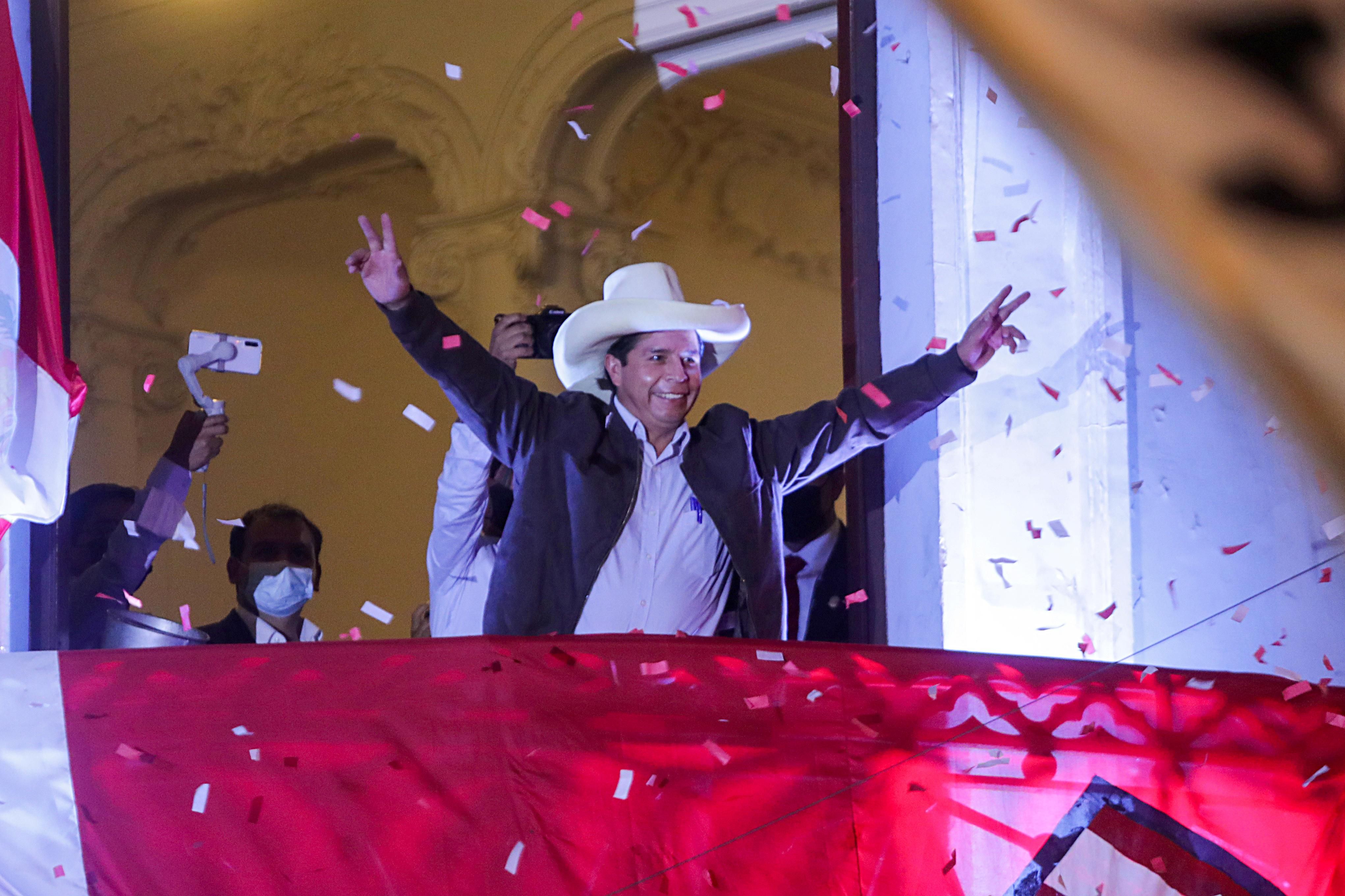44,058: Socialist candidate Pedro Castillo has claimed victory in Peru's presidential runoff election, after edging out his rightwing rival Keiko Fujimori by a razor-thin margin of 44,058 votes in the final count. Fujimori is (surprise!) refusing to concede, citing unsubstantiated allegations of fraud.
26: The Israeli air force attacked Hamas targets in Gaza on Tuesday night, in response to incendiary balloons launched from the Palestinian enclave that caused 26 fires inside Israel. This is the first serious clash between the two sides since they agreed to a fragile ceasefire following a brief war in May.
0.01: China has acknowledged that 0.01 percent of the 60,000 fuel rods at a nuclear plant in southern Guangdong province have been damaged, but says there's no risk for the public or the environment. Previously, CNN reported that US authorities were assessing an "imminent radiological threat" caused by a gas leak at the plant.
10: Citing antitrust rules, the European Union has
blocked (paywall) 10 of the world's top banks — including Bank of America, Barclays, Citi, and JPMorgan — from selling NextGenerationEU bonds. The bonds went on sale on Monday to help support the EU's nearly $1 trillion
post-pandemic recovery fund.
